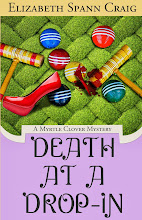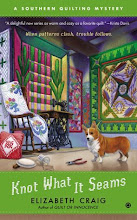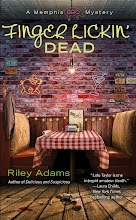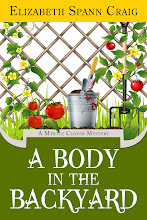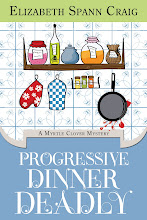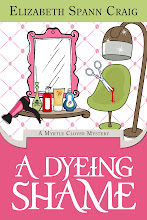![]() I cut off the rest of this one-page synopsis of Disney’s Pocahontas, which has Avatar’s characters and plot plugged into it…I didn’t want to create a spoiler for the movie, if you haven’t seen it. This is something that’s been circling the internet for about a week. You can see the full story on Media Bistro.
I cut off the rest of this one-page synopsis of Disney’s Pocahontas, which has Avatar’s characters and plot plugged into it…I didn’t want to create a spoiler for the movie, if you haven’t seen it. This is something that’s been circling the internet for about a week. You can see the full story on Media Bistro.
This is one reason why I’ve never been worried about sharing my WIP (work in progress) ideas with other writers—there are only so many plots out there. They could take my basic premise and come up with a completely different novel. Why? Because they’re different from me. They think differently, have different experiences, and have a different background.
No one is saying James Cameron hasn’t made an innovative film.
But what makes it innovative? The cutting edge technology and his characters. He brought all his creativity into the project and that made it fresh.
It’s been said that there are only seven basic plots in all of literature. Actually, there have been said to be several different numbers of basic plots, but seven is the number mentioned most frequently.
Those are:
- man vs. nature
- man vs. man
- man vs. the environment
- man vs. machines/technology
- man vs. the supernatural
- man vs. self
- man vs. god/religion
Writer’s Digest proposes 20 basic plots:
- Quest
- Adventure
- Pursuit
- Rescue
- Escape
- Revenge
- The Riddle
- Rivalry
- Underdog
- Temptation
- Metamorphosis
- Transformation
- Maturation
- Love
- Forbidden Love
- Sacrifice
- Discovery
- Wretched Excess
- Ascension
- Descension.
Then we have Georges Polti’s The Thirty-Six Dramatic Situations. I’ll let you click over and scroll to the bottom of the page if you’re interested, considering the length of this post.
Let’s say, for the sake of argument, that there are as many as 36 basic plots or dramatic situations. That’s not very many.
But do we get bored with the books we’re reading? Not usually. Because each author brings something fresh and new to the plot. It might be a unique setting. It might be a fabulous character or a fun twist ending. It might be the writer’s voice, itself.
I think we could give twenty people the same basic plot assignment and we would get twenty wildly different books in varying degrees of complexity, humor, and even genre.
It’s our different takes on life that make plots unique.
Do you ever notice the repetition of plots? Or are the authors’ different voices enough to help you forget the plot similarities?





